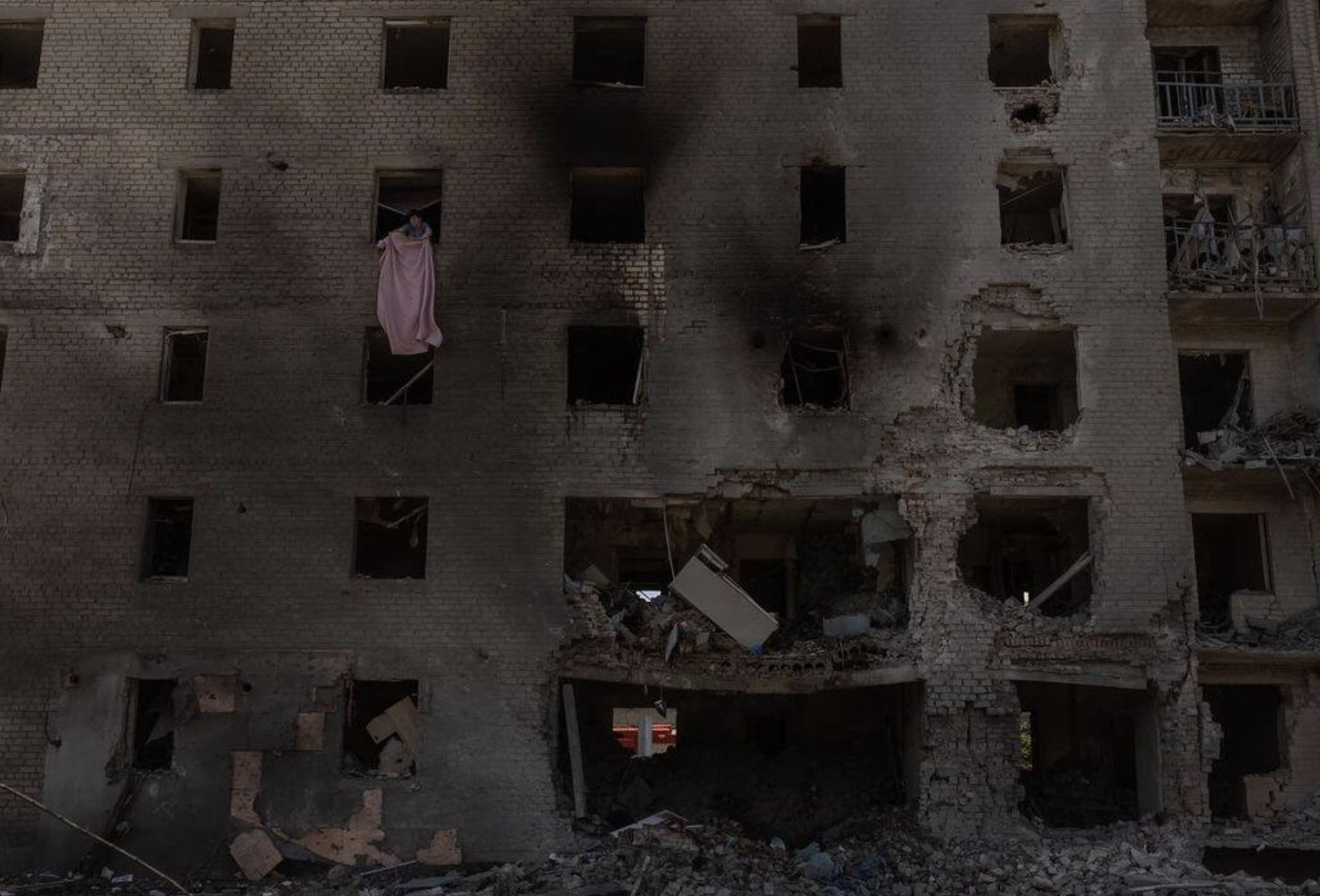JuneBrain’s Dr. Samantha Scott on Navigating Global Conflicts as a Founder
Roman Pilipey for AFP Photo
Startups and War
Globally, founders have to grapple with the ramifications of ongoing conflicts in Ukraine and Palestine. Even those far away from the centers of violence, such as Dr. Samantha Scott, a neurology startup founder based in Baltimore, are impacted. In this article, we delve into the depths of the interaction between startup economy and global conflict.
The Invisible Cost of Conflict
Global supply chains are among the first areas where crises like the war in Ukraine have affected entrepreneurs. Dr. Scott explained that “during COVID, the chip industry was heavily impacted,” she said, noting how the global semiconductor shortage affected her company’s production. “Those prices went sky-high, and it was really hard to get hold of them.” She noted that this problem continues today but is exacerbated by ongoing conflicts.
For startups producing hardware or complex devices, like Dr. Scott’s company, which builds an Optical Coherence Tomography (OCT) machine, delays in acquiring key components can significantly delay product launches and increase costs. “The cost of our device components, for instance, went up. We had to switch suppliers to get more stability, but even then, lead times went from three months to nine or ten months,” she explained. Many of these can often start in areas heavily impacted by conflict, like China and Eastern Europe, where many of these components are manufactured.
Startup Resilience in Ukraine and Israel
At a later point in this conversation, Dr. Scott talked about how unique innovation opportunities can be born out of dire situations. “It’s really impactful when big companies give funding to startups in conflict regions,” she said, referencing initiatives like Google’s startup fund for Ukraine and its AI fund for Israel. She drew similarities between these ongoing conflicts and the COVID-19 pandemic. She emphasized that entrepreneurs in trying times often have unique insights into the challenges they face, stating, "Innovation inherently comes from a place of need."
For Ukrainian startups, Dr. Scott saw the exit of many venture capitalists and startup leaders as a double-edged sword. “They’re missing out on innovation in these areas, but they are also connecting globally,” she said. She likened this to her own experience, where personal need drove her to develop her product. “When you’re in the middle of a conflict, that need is hyper-focused, which is beneficial for innovation.”
Advice for Founders in Conflict Zones
Dr. Scott believes that startups in Ukraine and Israel have the potential to lead in global innovation in fields like cybersecurity and AI, despite the immense challenges they may face. She notes that founders and VCs "are uniquely positioned to innovate. While the investment may carry higher risks due to the environment, that’s often where innovation thrives—right in the middle of it," she emphasized.
Drawing from her own journey, which began with a personal battle against a neurological disease, Dr. Scott stressed the importance of understanding customer needs deeply. “For me, it was about talking to as many other patients as possible. The same goes for people in conflict zones—the need is obvious, but don’t assume it’s universal. Talk to people.”
